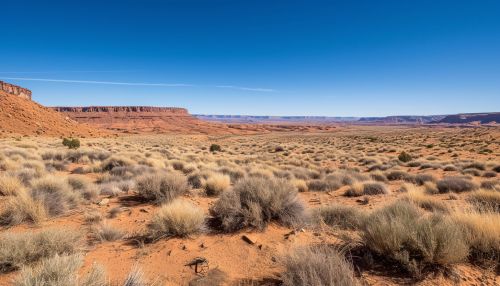Western Sahara
Geography
Western Sahara is located in the Maghreb region of North Africa. It is bordered by the Atlantic Ocean to the west, Morocco to the north, Algeria to the northeast, and Mauritania to the east and south. The area of Western Sahara is approximately 266,000 square kilometers, making it slightly larger than the United Kingdom. The region is mostly desert, with a harsh climate and sparse population.


History
The history of Western Sahara can be traced back to the prehistoric era, with evidence of human habitation dating back to the Neolithic period. The region was later inhabited by the Berber people, who have left a lasting impact on the culture and history of Western Sahara.
In the 19th century, Western Sahara became a Spanish colony, known as Spanish Sahara. The Spanish rule lasted until 1975, when Spain withdrew from the region due to international pressure and the Green March, a peaceful mass demonstration organized by Morocco.
Following the withdrawal of Spain, Western Sahara was claimed by both Morocco and the Polisario Front, a Sahrawi rebel national liberation movement aiming to end Moroccan presence in the Western Sahara. This led to the Western Sahara War, which lasted from 1975 to 1991.
Politics
The political status of Western Sahara is complex and unresolved. The region is claimed by both the Kingdom of Morocco and the Sahrawi Arab Democratic Republic (SADR), proclaimed by the Polisario Front. The United Nations considers Western Sahara a non-self-governing territory, and has been involved in efforts to resolve the dispute.
The Moroccan government considers Western Sahara as its Southern Provinces, and has invested heavily in the region's infrastructure and development. On the other hand, the Polisario Front and the SADR, with support from Algeria, advocate for the independence of Western Sahara and have established refugee camps in the Tindouf region of Algeria.
Economy
The economy of Western Sahara is heavily dependent on the fishing and phosphate mining industries. The region has one of the world's largest phosphate reserves, located in the town of Bou Craa. The fishing industry is also significant, with the coastal waters of Western Sahara being rich in fish.
Despite these resources, the region remains economically underdeveloped, with high levels of unemployment and poverty. The political dispute over the status of Western Sahara has also hindered economic development and foreign investment.
Culture
The culture of Western Sahara is predominantly Sahrawi, influenced by the Berber, Arab, and African cultures. The Sahrawi people are known for their hospitality, nomadic traditions, and rich oral literature. Music and dance, such as the traditional Haul music, play an important role in Sahrawi culture.
